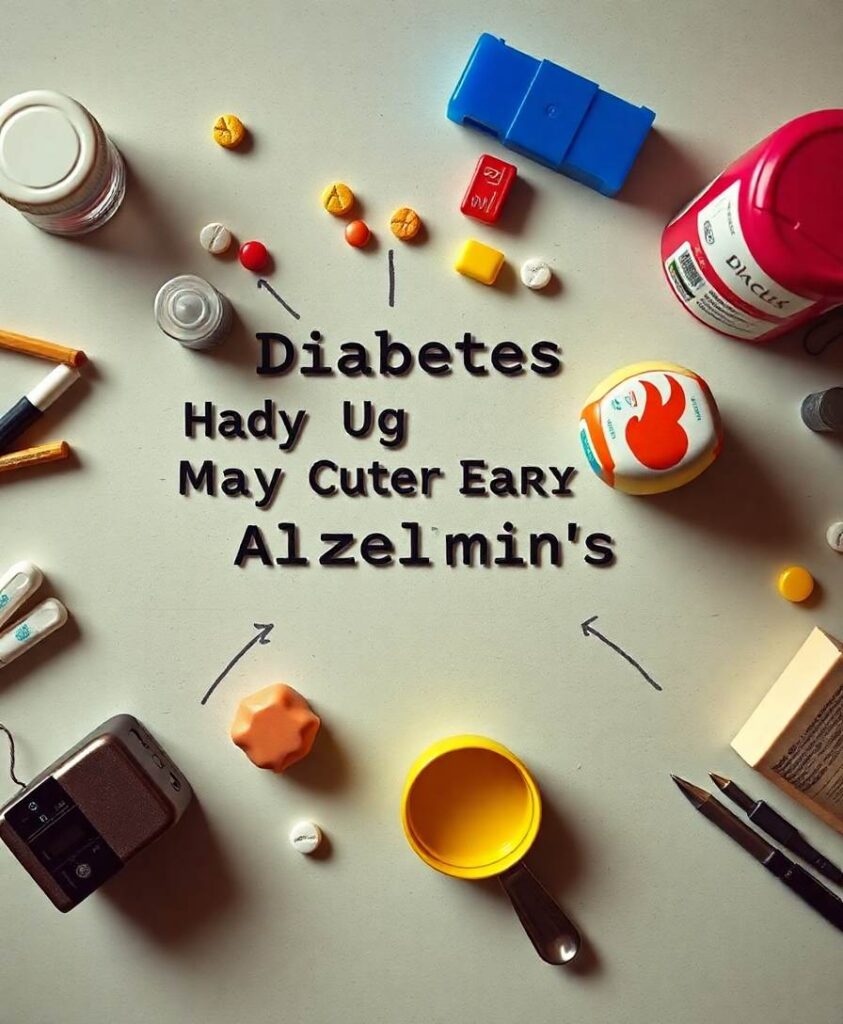Imagine waking up one morning and feeling a little more forgetful than usual, or noticing that your mental clarity isn’t quite as sharp as it used to be. For women who experience menopause earlier than expected—say, before age 40—these subtle shifts might be more than just temporary. They could be early signs of something deeper happening in the brain, signaling a greater risk for later cognitive decline.
When we think about menopause, most of us focus on the physical changes—hot flashes, night sweats, and shifts in mood. But what if these early hormonal shifts also hold clues about our brain health? Recent research suggests that women who go through menopause before age 40 might face a higher chance of experiencing cognitive challenges as they age.
This isn’t about alarm but about awareness. Understanding how early menopause relates to brain health can empower women to take proactive steps. It’s like noticing the first few clouds gathering on the horizon—early signals that something may need attention.
How early menopause can affect your brain health over time
For women who experience menopause early, the drop in estrogen levels happens sooner, and estrogen is known to play a role in protecting brain cells and supporting cognitive function. When menopause occurs earlier than typical, the brain might be exposed to a longer period of lower estrogen levels, which could influence memory, decision-making, and overall mental sharpness.
In practical terms, this means that women with early menopause might notice increased forgetfulness or difficulty concentrating sooner than their peers. These early signs can sometimes be subtle—misplacing keys, struggling to recall names, or feeling mentally foggy—yet they are important indicators that the brain is responding to hormonal changes.
Research shows that women who experience menopause before age 40 tend to have greater cognitive decline than those who enter menopause after 50. While this doesn’t mean that early menopause guarantees serious memory issues, it highlights the importance of monitoring brain health proactively.
What can women do if they experience early menopause?
If you’re experiencing early menopause, it’s natural to wonder what steps you can take to support your brain health. First, being aware of the potential connection helps you stay vigilant. Regular cognitive check-ins, staying mentally active, and maintaining a healthy lifestyle can make a real difference.

Engaging in activities that challenge your brain—like puzzles, learning new skills, or even social interactions—can bolster cognitive resilience. Additionally, talking with your healthcare provider about your menopause timing can open doors to personalized strategies, possibly including hormone therapy or other interventions that might support brain health.
While research continues to explore the full implications, one thing is clear: early menopause is a pivotal moment—not just physically, but as a potential window into your future brain health. Recognizing this early can help you make informed choices, prioritize mental wellness, and stay connected to your cognitive vitality.
Living with awareness of how hormonal shifts influence the mind can transform how we approach women’s health across the lifespan. It’s about honoring the complexity of our bodies and minds and embracing proactive steps for a vibrant, mentally sharp future.
Learn More: Early Menopause May Predict Greater Brain Decline
Abstract: Early menopause could be a warning sign for future age-related brain decline, a new study says. Women who entered menopause before 40 had a greater cognitive decline than women who entered menopause after 50, according to a study published recently in the journal Alzheimer’s.
Link: Read Full Article (External Site)

